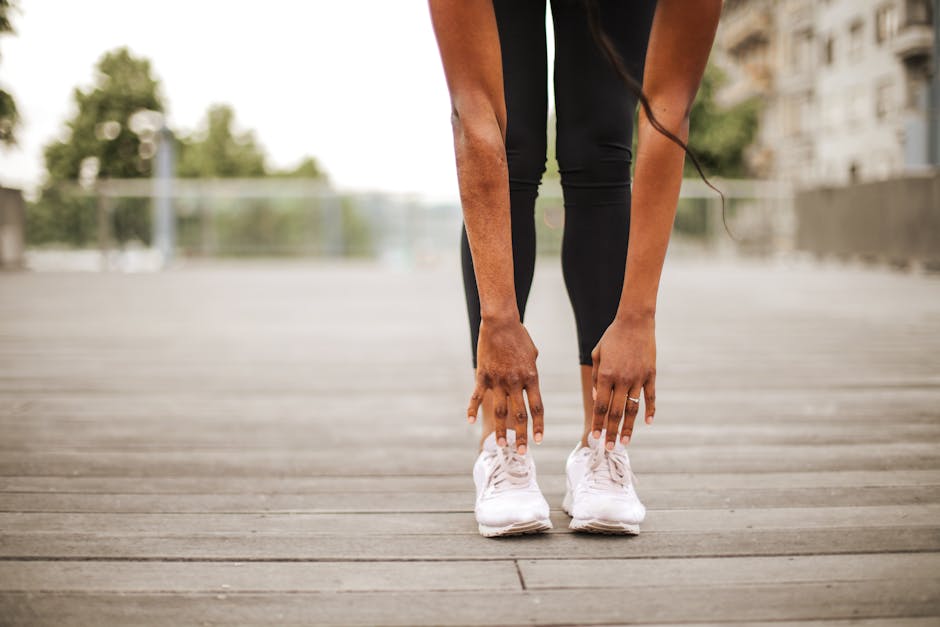Staying Healthy and Fit While Traveling Abroad
Maintaining health and fitness while traveling abroad is not just about staying on track with routines but also about adapting to new environments, local food, and varied climates. With some planning and smart choices, it is entirely possible to stay healthy and fit during your travels without missing out on the experiences that make traveling enjoyable.
Nutrition: Eating Well on the Go
Nutrition is essential for sustaining energy and promoting overall health while traveling. One common challenge is the temptation to indulge in local delicacies that may not always align with your usual dietary habits. Savoring local cuisine is a vital aspect of traveling, but it’s important to find a balance between treating yourself and maintaining nutritious eating habits.
A simple approach is to include a variety of fruits and vegetables in your meals. Many countries have vibrant markets offering fresh produce that you can easily incorporate into your diet. In Thailand, vendors lining the streets often present an array of fresh fruits like mangoes and pineapples, which are delicious and rich in vital nutrients.
Staying hydrated is another crucial aspect of nutrition while traveling. Dehydration can lead to fatigue, headaches, and other health issues that could dampen your trip. Always carry a reusable water bottle and refill it whenever possible. If you are traveling to a country where tap water isn't safe to drink, ensure you have access to bottled water or use purification tablets.
Exercise: Keeping Active Away from Home
Staying active during your travels doesn't necessarily mean sticking to your usual gym routine. There are plenty of ways to incorporate physical activity into your day without feeling like you're missing out on the sights and sounds of your destination.
- Walking Tours: Walking is one of the best ways to explore a new city while staying fit. Many cities offer guided walking tours that cover significant landmarks and hidden gems alike.
- Hotel Gyms: If your accommodation has a gym, try to spend at least 20-30 minutes there each day. Focus on exercises that require minimal equipment, such as bodyweight exercises or using resistance bands.
- Outdoor Activities: Engage in activities like hiking, cycling, or swimming, depending on where you are traveling. Hiking trails in places like New Zealand or Switzerland provide a great workout along with stunning views.
If formal exercise isn’t feasible due to time constraints or lack of facilities, remember that even simple movements throughout the day contribute to staying active. Opt for stairs instead of elevators or take short walks between meetings or sightseeing activities.

Mental Well-being: Managing Stress and Fatigue
Travel can exert a considerable strain on your mental health due to factors such as jet lag, adjusting to new surroundings, and the ongoing need for social engagement. Managing stress and fatigue becomes crucial to enjoying your trip fully.
One effective strategy is practicing mindfulness or meditation techniques. Apps like Headspace or Calm offer guided sessions that can help you stay centered even amidst the hustle of travel. Ensuring you get enough sleep is vital for mental clarity and energy levels. Try adjusting your sleep schedule gradually before departure if you’re crossing multiple time zones to minimize jet lag.
Health Precautions: Staying Safe Abroad
Staying healthy while abroad also involves taking necessary health precautions specific to the destination you're visiting. Researching any required vaccinations well before your trip is essential as some vaccinations need several weeks to become effective.
If you're planning to visit countries in South America or Africa, vaccinations against diseases like yellow fever might be mandatory or highly recommended. Carry a basic medical kit with essentials like pain relievers, antihistamines, hand sanitizer, and any prescription medications you may need.
Apart from vaccines, being aware of local health risks such as waterborne diseases or insect-borne illnesses like malaria is equally important. Wearing insect repellent in regions prone to mosquito-borne diseases and avoiding street food in areas known for poor hygiene can prevent common travel-related illnesses.
| Travel Destination | Recommended Vaccinations | Local Health Precautions |
|---|---|---|
| Southeast Asia | Tetanus, Typhoid | Avoid raw food; Drink bottled water only |
| Africa (Sub-Saharan) | Yellow Fever, Malaria Prophylaxis | Use insect repellent; Avoid standing water areas |
| South America (Amazon) | Yellow Fever, Hepatitis A & B | Avoid drinking tap water; Use mosquito nets at night |
| Mediterranean Europe | No special vaccinations required for most areas | Avoid sunburn; Stay hydrated during heatwaves |
An often overlooked but critical aspect of staying healthy abroad is having travel insurance that covers medical emergencies. In nations where medical expenses are steep or where obtaining quality treatment can be challenging for non-residents, having insurance offers reassurance that you will receive necessary medical attention when required.
Balancing indulgence with mindful eating ensures nutrition remains a priority while traveling. Simple physical activities like walking tours or using hotel gyms help keep up fitness levels without disrupting the joy of exploration. Mental well-being can be maintained Finally, proactive health precautions including necessary vaccinations and awareness of local health risks form the backbone of staying safe abroad.